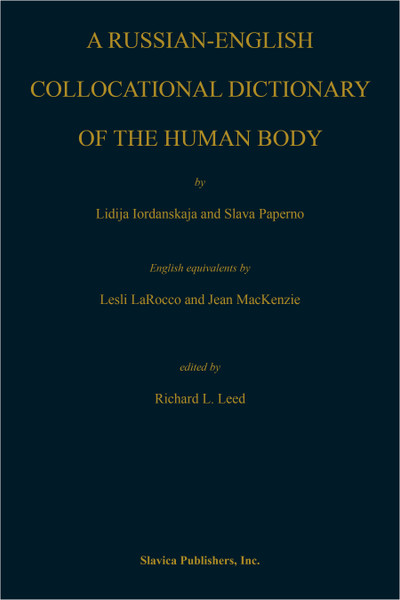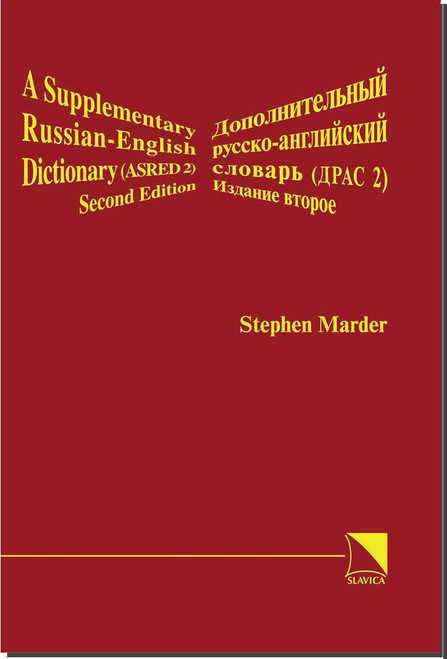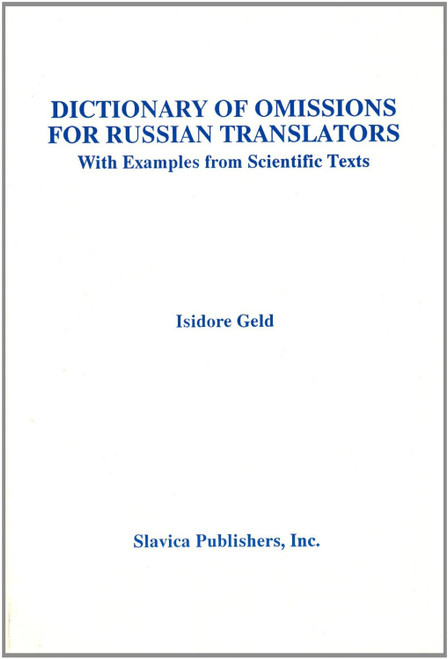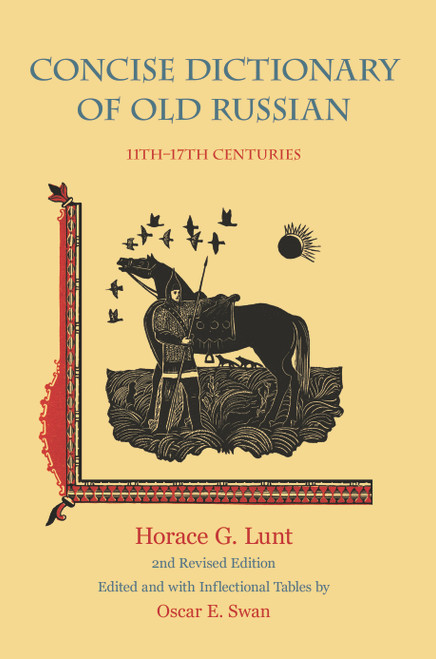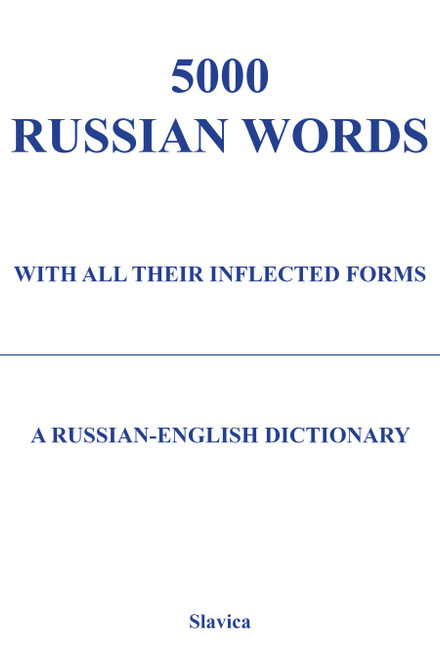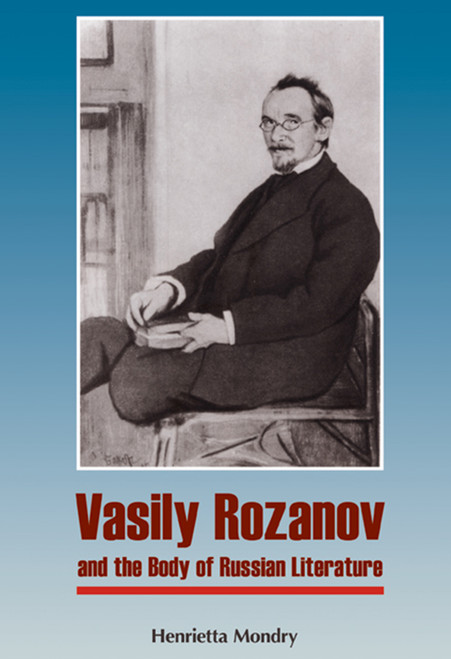Product Overview
This remarkable book is an exhaustive combinatorial Russian-English dictionary of a small group of words that are of more than passing interest in everyday life and language. The dictionary contains 73 entries: 63 parts of the body, plus 10 words describing certain organs, emissions, and physical manifestations of emotional states (heart, tears, laughter, etc.). The aim is to present all the information necessary for the correct use of the Russian words in a great variety of expressions. The entry for ruka, for example, contains about 275 related words and expressions. The user-friendly format is a simplified, bilingual version of the format of the Explanatory Combinatorial Dictionary proposed by Igor A. Mel'chuk and Alexander K. Zholkovsky. The words selected for inclusion are very useful for the Russian language learner -- they are of high text frequency and occur in a large number of set phrases (or cliches or collocations) which the learner of Russian ignores at his or her peril, e.g., U Ng iz nosag techet "N's nose is running" (the literal English-to-Russian translation in this case being less than uninformative). These words are also very interesting to lexicographers, as explicitly detailed in the scholarly foreword by Lidija Iordanskaja, an essay that any student, teacher, translator, or linguist can profit from reading, quite apart from its value to the user of this particular dictionary. Each entry contains the following sections: Headword (with translations and examples), Style, Semantics, Morphology, Syntax, Lexical Relationships, and Sample Texts. Collocations are grouped together semantically in the section on Lexical Relationships, which contains expressions describing the appearance of the body part, sensations, movements, etc., as well as synonyms, diminutives, augmentatives, syntactic derivatives, generic terms, and the like. Since the aim of the book is to present all of the common expressions that describe the typical properties and situations associated with each of these parts of the body, a number of free expressions in addition to set phrases have been included. For example, the entry nos "nose" includes the expression nos merznet "one's nose is cold." On the other hand, idioms containing the names of parts of the body have been excluded, e.g., ne videt' dal'she sobstvennogo nosa "to be narrow-minded," lit. "not to see further than one's own nose." This book will be indispensable for all serious students and teachers of Russian.

